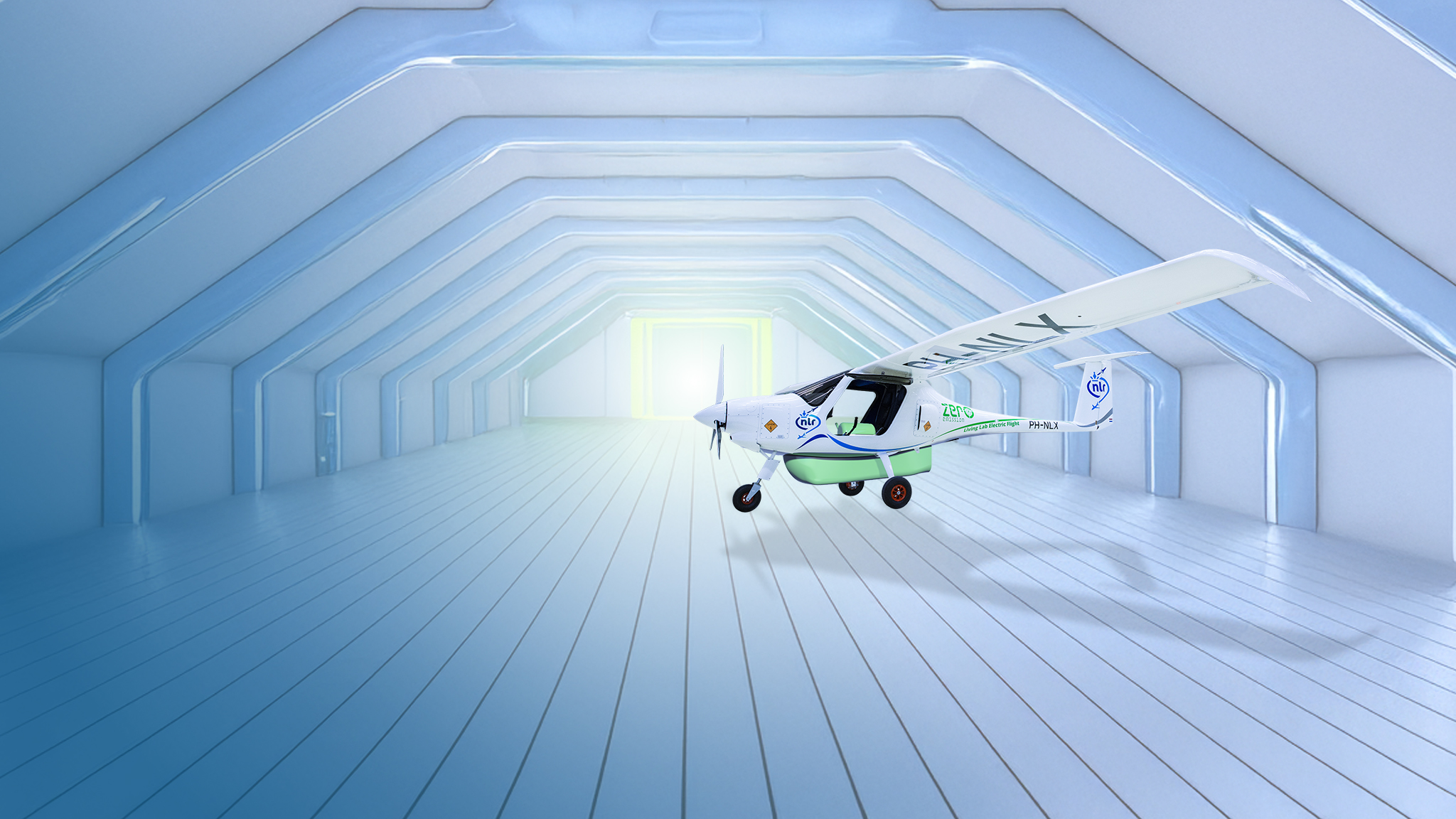
Newsroom
Filter
Stay up to date with the latest developments
Welcome to our Newsroom. Here you can find the latest news, articles, and blogs from NLR. We also showcase a range of videos and publications here. For more video content, please visit our YouTube channel, NLRmedia. The NLR Repository provides access to our public library of NLR reports.
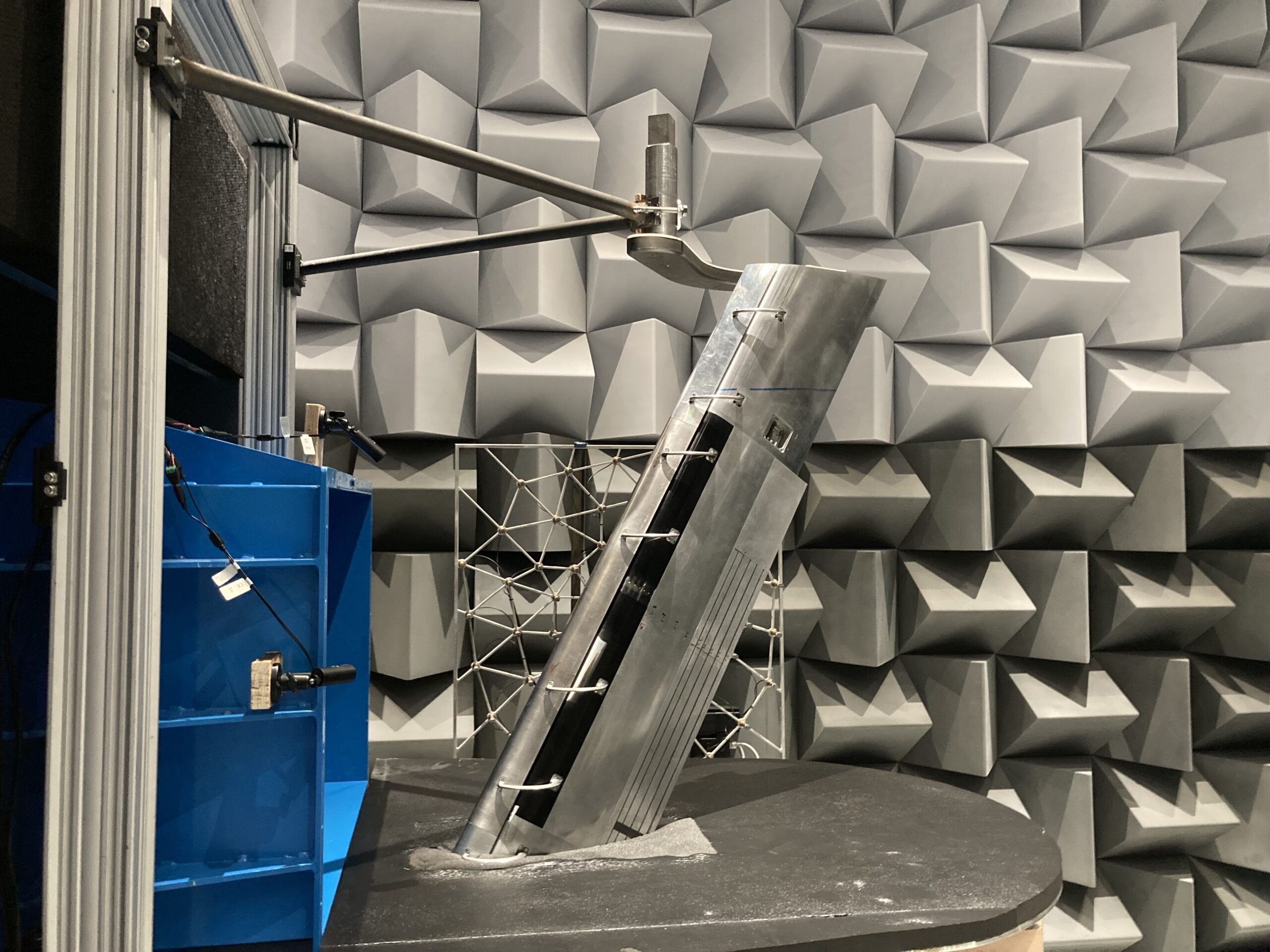
21 October 2025
R&D case: Innovative airframe component designs for reducing aircraft noise
Project: INVENTOR (Innovative design of installed airframe components for aircraft noise reduction)
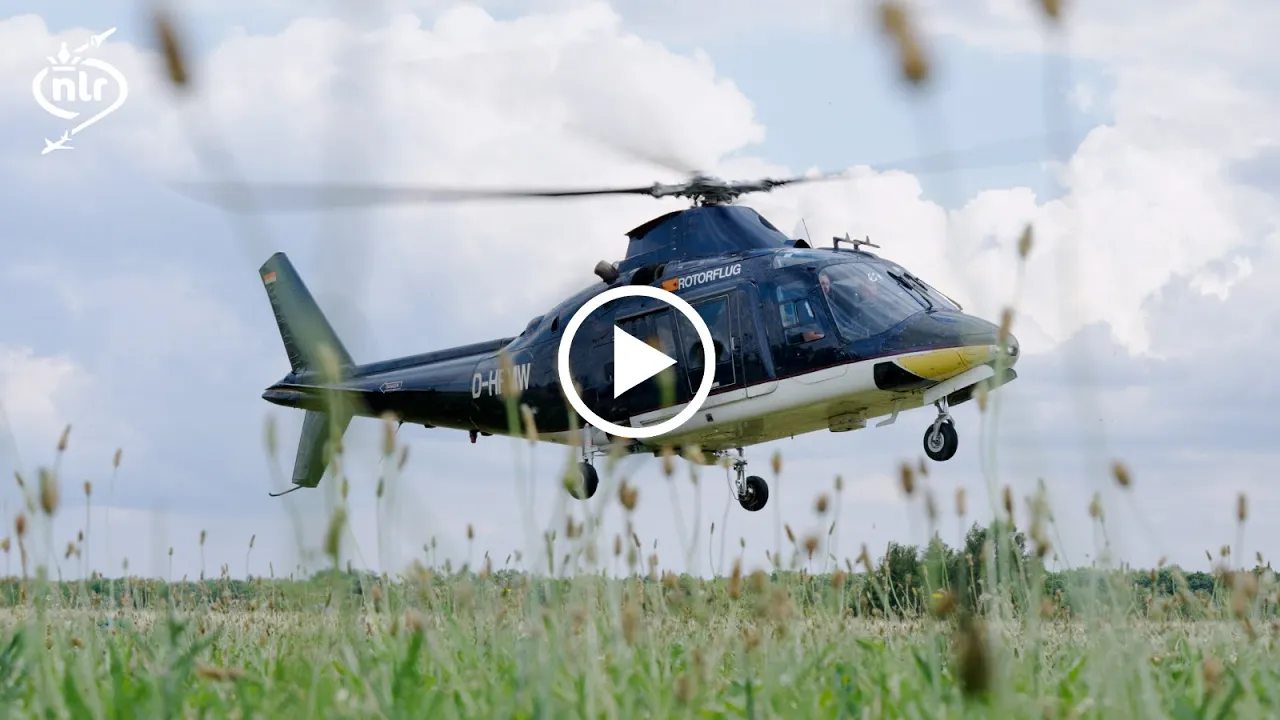
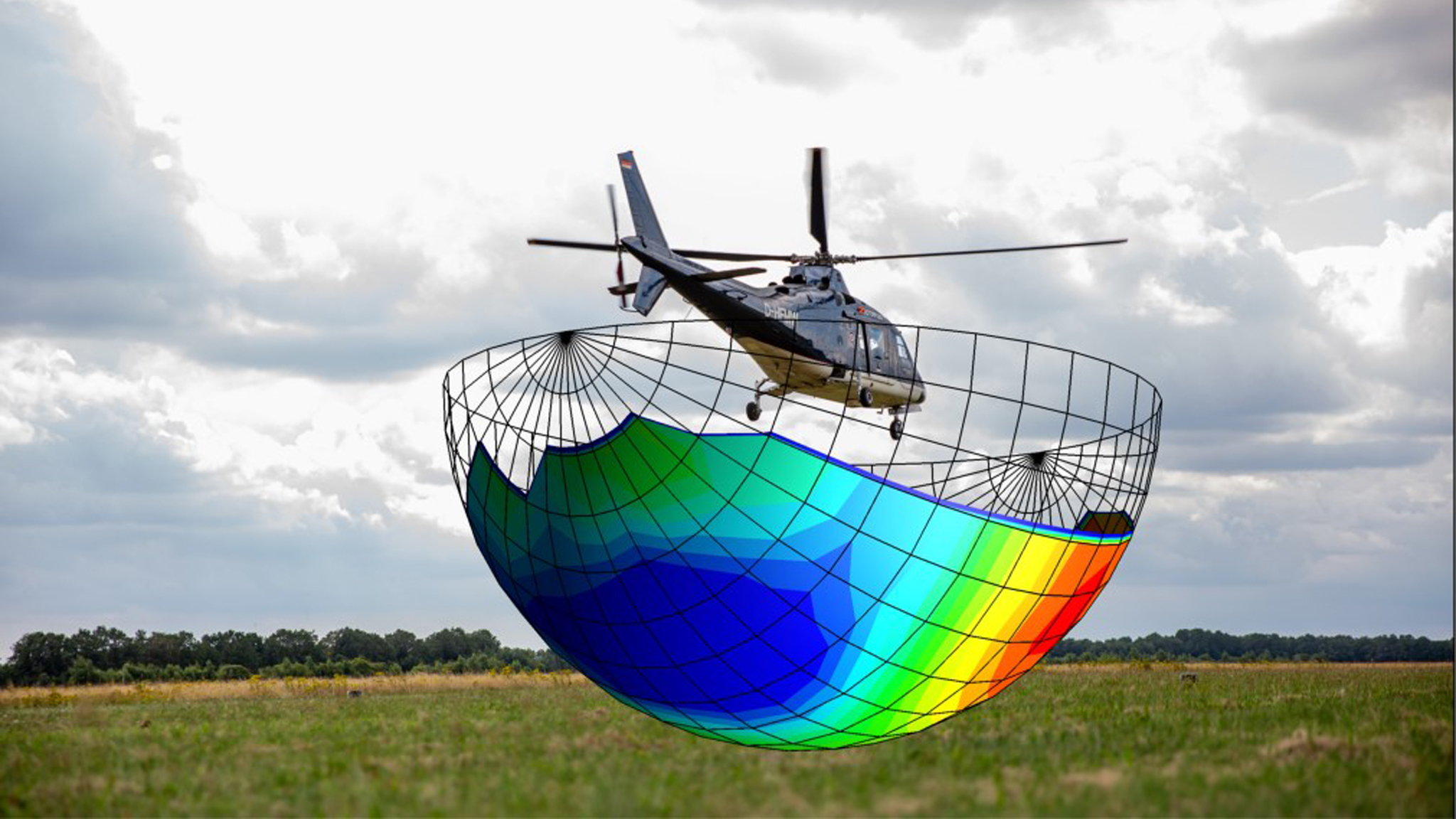
13 June 2024
The NORAH2 project helps predict noise nuisance of rotorcraft
Just like other large moving transport vehicles, helicopters and drones produce noise. To reduce nuisance for people in surrounding areas NLR actively researches reducing noise at the source, for example by designing silent propellers. Equally important, is the capability to predict noise of rotorcraft to regulate and ensure people do not experience excessive hindrance due to operations. When it comes to fixed wing planes, trains or cars, established tools are readily available to predict noise levels. For rotorcraft, however, tools are lagging behind. The NORAH project fills this gap for (local) authorities to perform noise impact assessments.

11 July 2023
Fewer delays and less noise nuisance at and near airports
It’s far from unknown for peak crowding at airports to hit the headlines. And it’s not only the passengers who are stuck in queues: it’s busy in the air too. That’s why the ITARO project has bundled various solutions together to reduce the delays for flights, including gains that can be made in terms of noise nuisance and emissions.
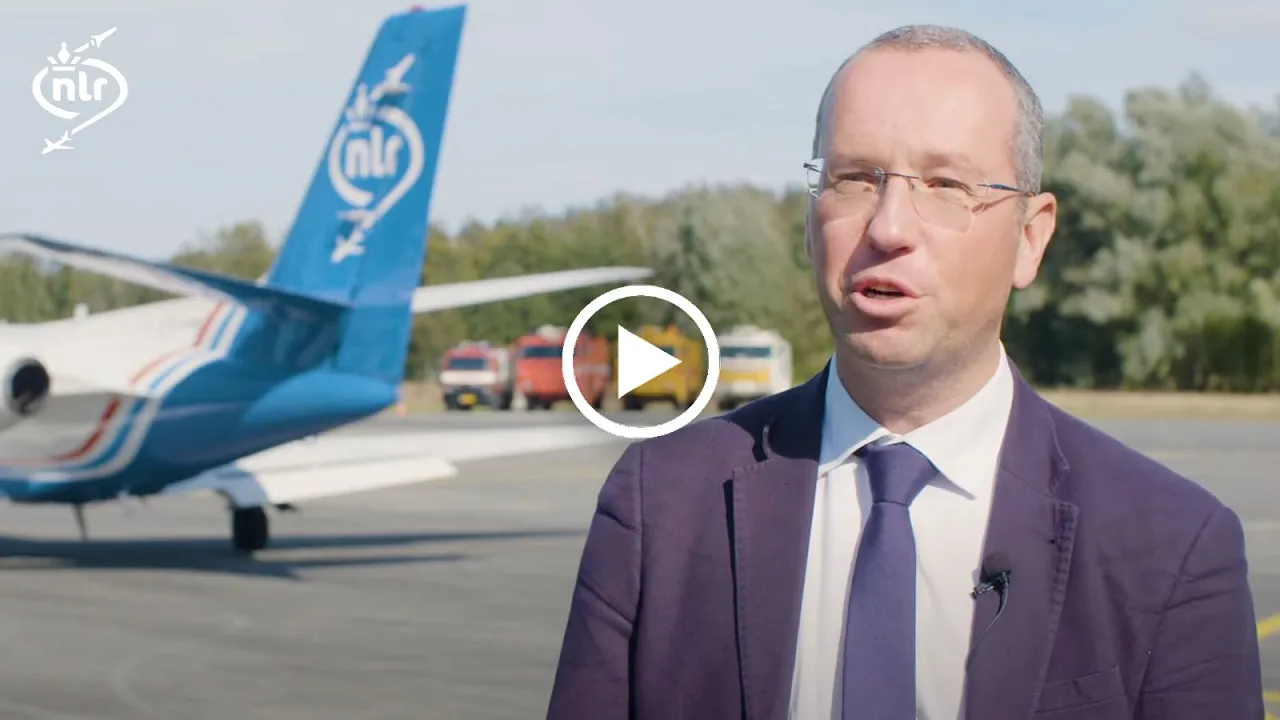
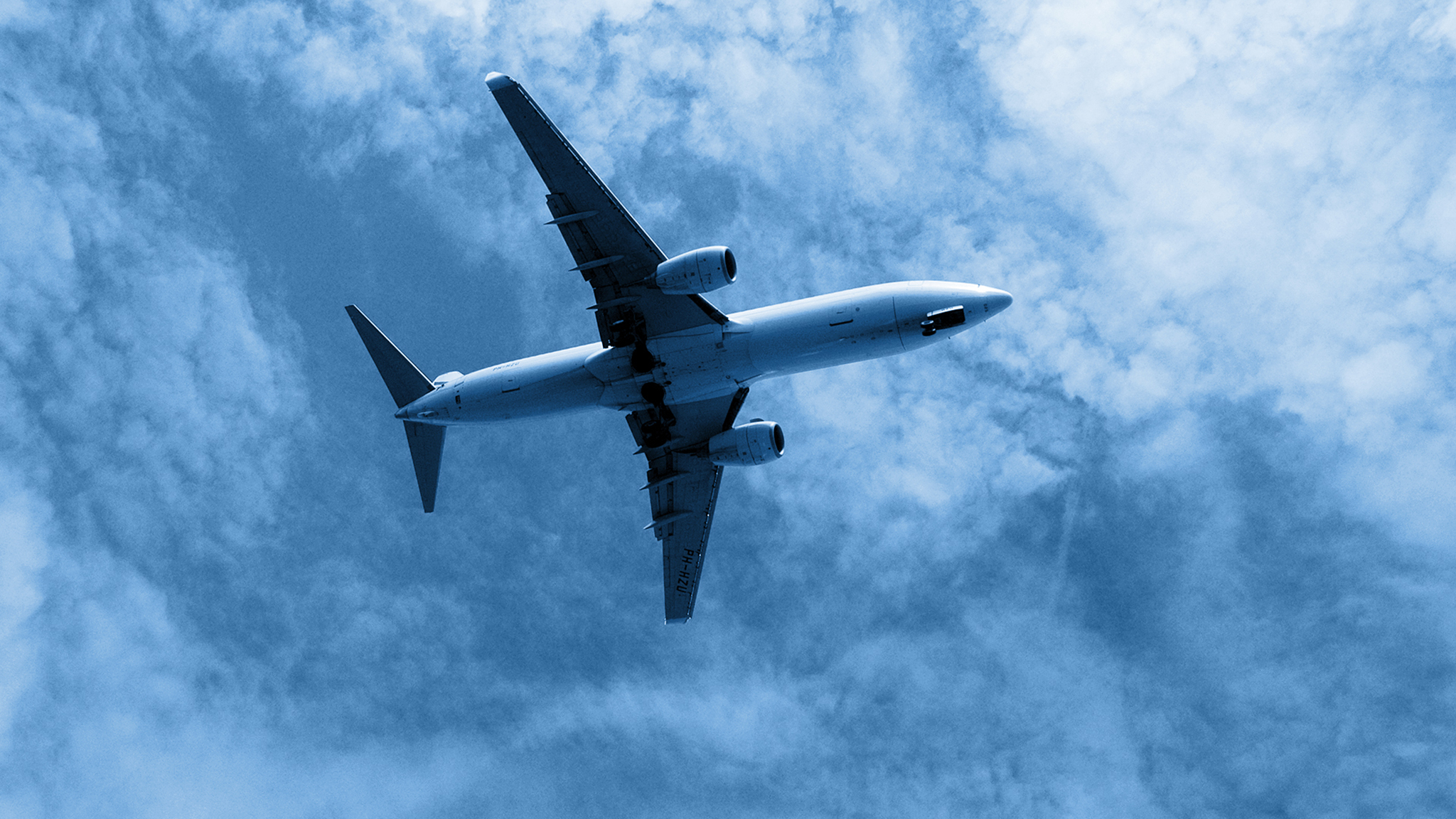
12 July 2021
Centralised information about aircraft noise
Aircraft noise leads to a lot of discussions in the Netherlands. To keep not only the general public but also politicians and policymakers properly and objectively informed, RIVM (the National Institute for Public Health and the Environment), NLR and To70 have bundled together relevant information about this topic and placed it on a new website, www.vliegtuiggeluid.nl. It covers topics such as measuring and calculating aircraft noise, what its effects on health are, and legislation and regulations.
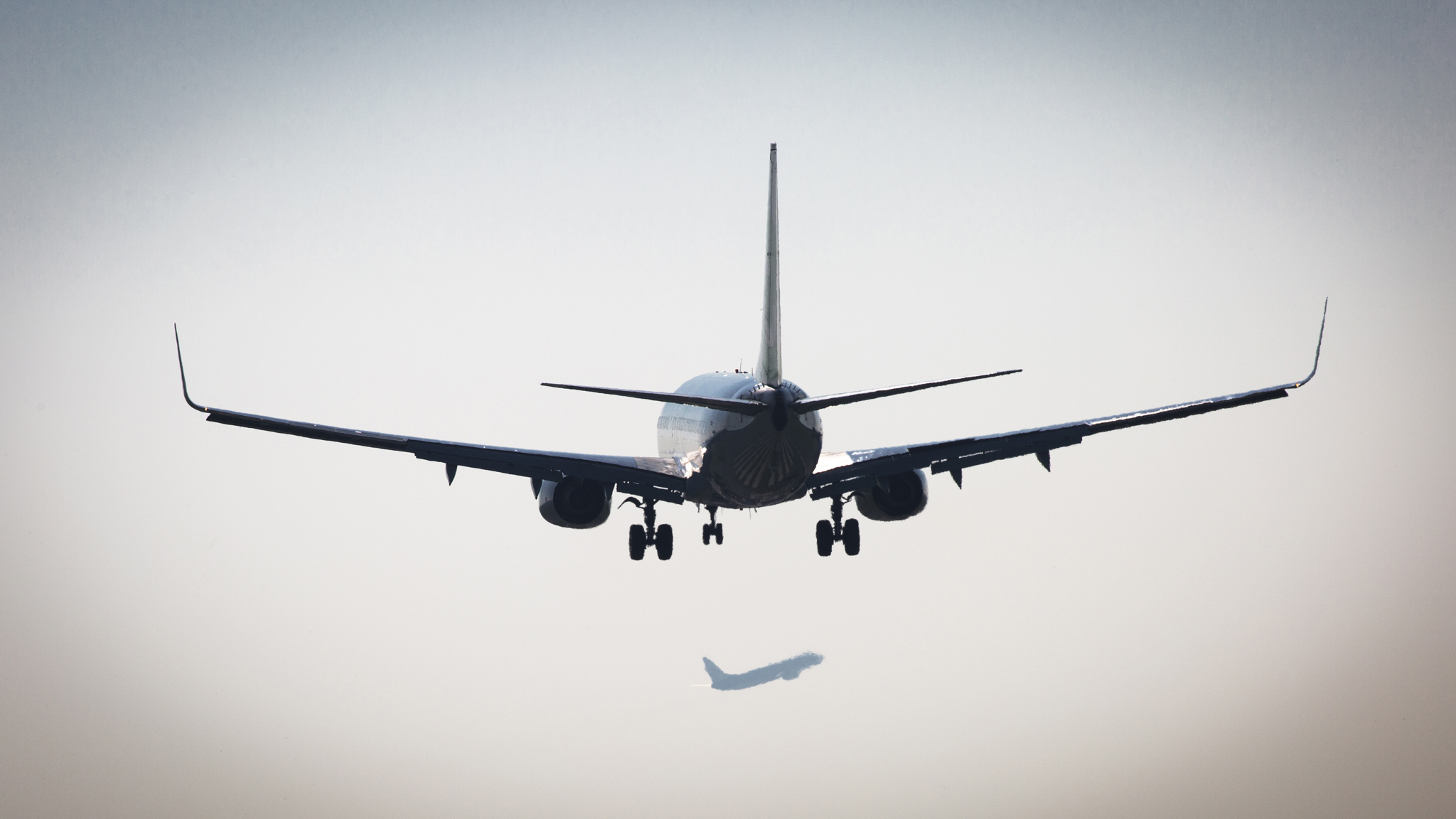
19 February 2021
Blog: Trust in aviation is about more than noise nuisance alone
The past year has been an exceptional period for aviation: the outbreak of the coronavirus pandemic has sharply reduced air travel world-wide. At Schiphol Airport, the number of flights has fallen by 54% in comparison with 2019. Little or no air traffic means less exposure to aircraft noise. This is a situation that is unheard of for local residents around Schiphol. It may be somewhat similar to the short-lived peace that descended when the Icelandic volcano eruption in 2010 grounded air traffic for days, or even further back, after the ‘9/11’ terrorist attacks in 2001. The difference, however, is that the present pandemic has been cutting air traffic for a year now, rather than for a few days or up to a week.
Sign up for the NLR newsletter to receive our latest news, recent developments, new insights, reports and whitepapers, as well as our calendar of upcoming trade fairs and events.